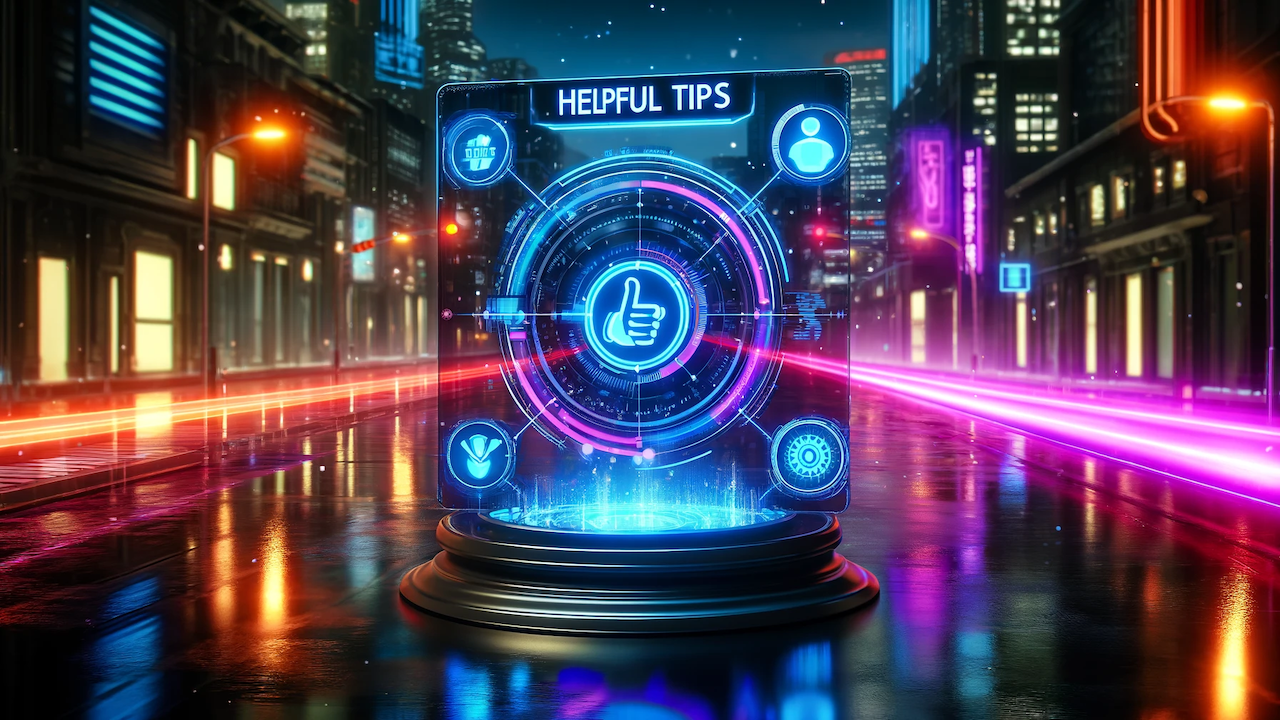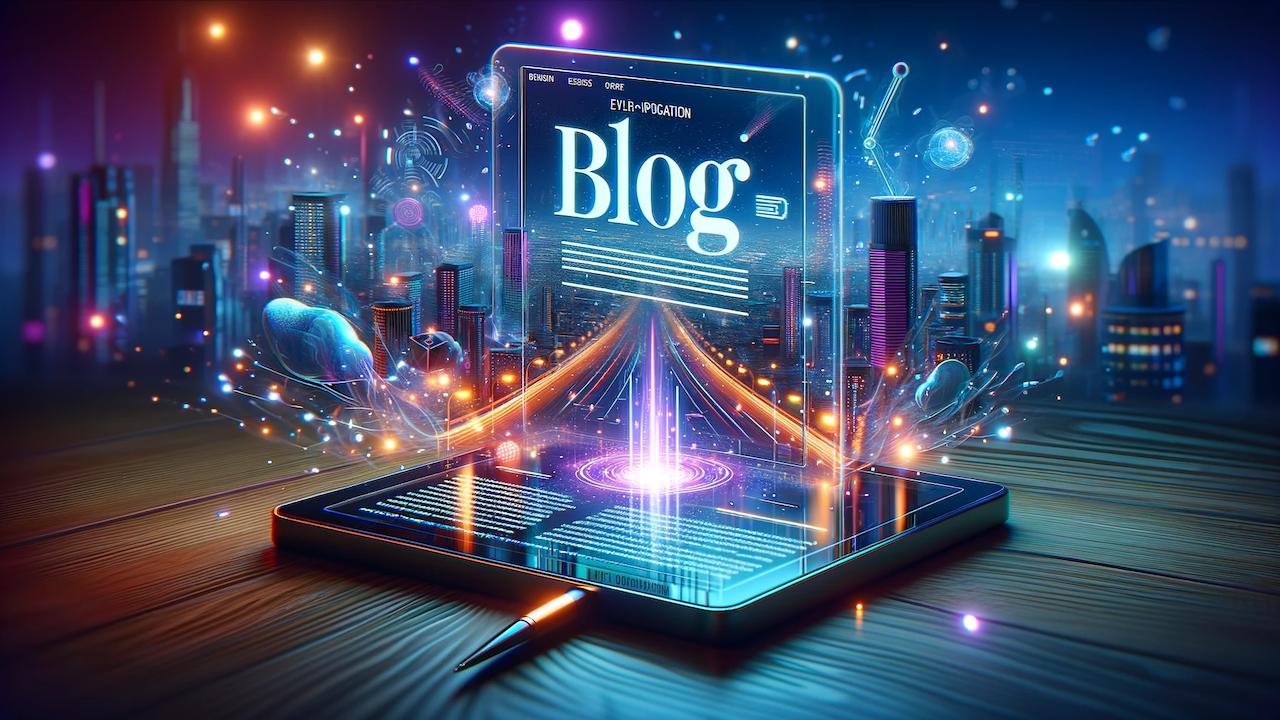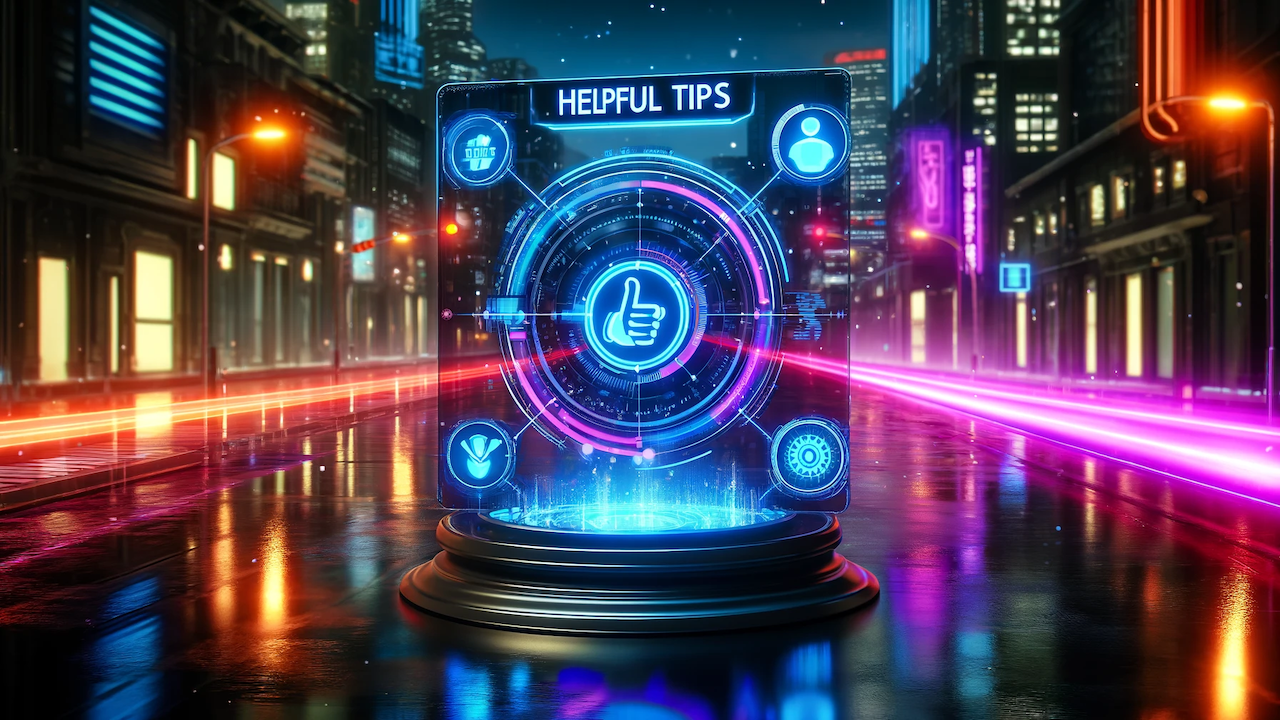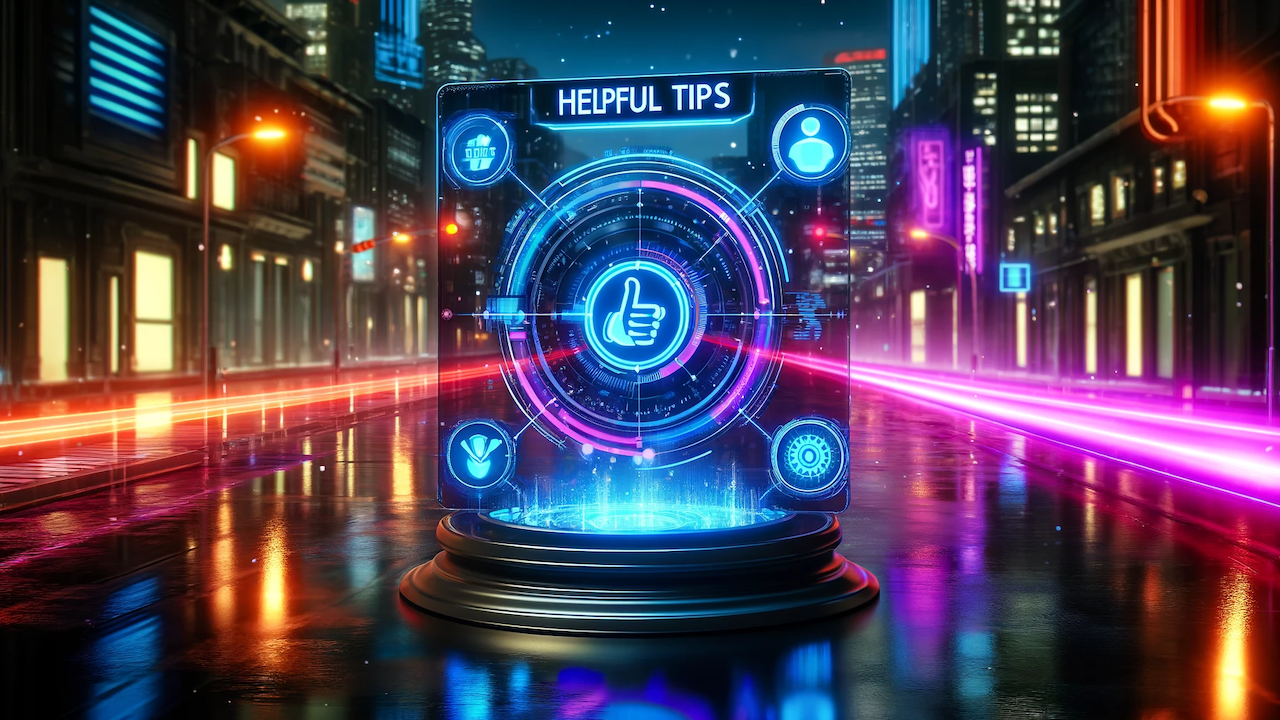AI - A Glimpse Into Tomorrow
AI - A Glimpse Into Tomorrow
As an enthusiastic observer of technology, it’s captivating to see how Artificial Intelligence (AI) continues to shape our world. Today, AI is not just a tool of convenience but a transformative force impacting various sectors from healthcare and education to finance and creative industries.
How Far Have We Come?
In the past decade, AI advancements have been phenomenal. We've moved from simple machine learning models that could predict stock trends or recommend products, to sophisticated neural networks like the one that powers this conversation. These networks can understand and generate human-like text, interpret complex data, and even create art. Such capabilities were mere science fiction not long ago. AI's integration into daily life has made technologies like voice assistants and personalized learning tools more effective and accessible. In healthcare, AI-driven diagnostics and predictive analytics are saving lives by providing faster, more accurate insights. Moreover, automation driven by AI has reshaped industries, leading to more efficient supply chains and innovative manufacturing techniques.
The Impact on Society
The influence of AI on society is profound. On one hand, it offers incredible opportunities for growth and convenience. AI can handle complex tasks with ease, providing businesses with the tools to enhance productivity and innovation. For individuals, everyday tasks are simplified, and personalized experiences—from shopping to content consumption—are becoming the norm. However, this rapid advancement brings with it significant challenges. Job displacement due to automation, privacy concerns with widespread data collection, and ethical dilemmas around AI decision-making are just the tip of the iceberg. These issues necessitate thoughtful regulation and ethical frameworks to ensure AI benefits all of society equitably.
What the Future Holds
Looking ahead, AI is poised to become even more integrated into our lives. The next frontier includes AI systems that can exhibit generalized intelligence across diverse tasks, a step beyond the specialized AIs of today. Such advancements could lead to AI companions and caregivers, further blurring the lines between human and machine interaction. In the longer term, we might see the emergence of superintelligent AI systems that could potentially surpass human intelligence. This scenario raises both incredible opportunities and profound risks. The key will be in steering these developments in ways that prioritize human well-being and ethical considerations.
A Call for Thoughtful Progress
As we stand on the brink of these transformative changes, it's crucial to advocate for a balanced approach to AI development. This involves promoting transparency, prioritizing ethics in AI training and implementation, and ensuring a diverse range of voices are included in AI development conversations. Only by doing so can we harness AI's full potential while minimizing its risks. AI technology is a journey, not just a destination. It’s a continuous process of learning, adapting, and evolving. As we proceed, let's embrace the marvels of AI with caution and responsibility, ensuring it serves as a force for good, enhancing the human experience rather than detracting from it. Let us step into this brave new world with optimism tempered with vigilance, ready to face the challenges and seize the opportunities that lie ahead.
Ethical Implications and AI Governance
As AI becomes more ingrained in our social fabric, the ethical implications become increasingly significant. The need for robust AI governance is critical. We must address issues like bias in AI algorithms, which can perpetuate and even exacerbate societal inequalities if left unchecked. AI systems often reflect the data they are trained on, and this data can include historical biases. Addressing these challenges requires a concerted effort from researchers, developers, and policymakers to create AI that is not only effective but also fair and transparent.
AI and Environmental Sustainability
One promising yet often overlooked aspect of AI is its potential to tackle environmental challenges. AI can optimize energy use in homes and industries, enhance the efficiency of transportation systems, and even help in climate modeling and conservation efforts. By predicting weather patterns more accurately or optimizing renewable energy deployment, AI could play a pivotal role in our fight against climate change. However, the environmental cost of training and running large AI models is also a concern, highlighting the need for more energy-efficient computing technologies.
Preparing for the Future Workforce
The evolution of AI is also transforming the job market. While automation may displace some jobs, it also creates new opportunities requiring advanced skill sets. This shift necessitates a focus on education and training programs that can prepare the workforce for an AI-driven economy. Governments, educational institutions, and corporations need to collaborate on initiatives that equip people with the necessary skills to thrive in this new landscape.
The Role of AI in Enhancing Human Capability
Finally, it's essential to view AI not as a replacement for human capabilities but as a complement that enhances them. AI can free individuals from mundane tasks, allowing them to focus on creative and strategic activities that foster innovation and personal growth. In the healthcare sector, for example, AI can assist doctors in diagnosis and research, enabling them to provide more personalized and effective care to their patients.
Conclusion
As we stand on the cusp of what could be the next great leap in human and technological evolution, the future of AI offers both immense promise and significant challenges. It is up to us—developers, users, and policymakers—to navigate this path responsibly. By fostering an environment of ethical AI use, focusing on education and skills development, and addressing societal and environmental impacts, we can harness the power of AI to create a future that benefits all of humanity.
AI technology is indeed a double-edged sword, but with careful handling and thoughtful regulation, its benefits can far outweigh its risks. As we continue to explore and expand the capabilities of AI, let's ensure that this incredible tool is used to enhance, not diminish, the human experience.
Your thoughts? Care to Share? Email Me here…












Comments (0)
No comments found